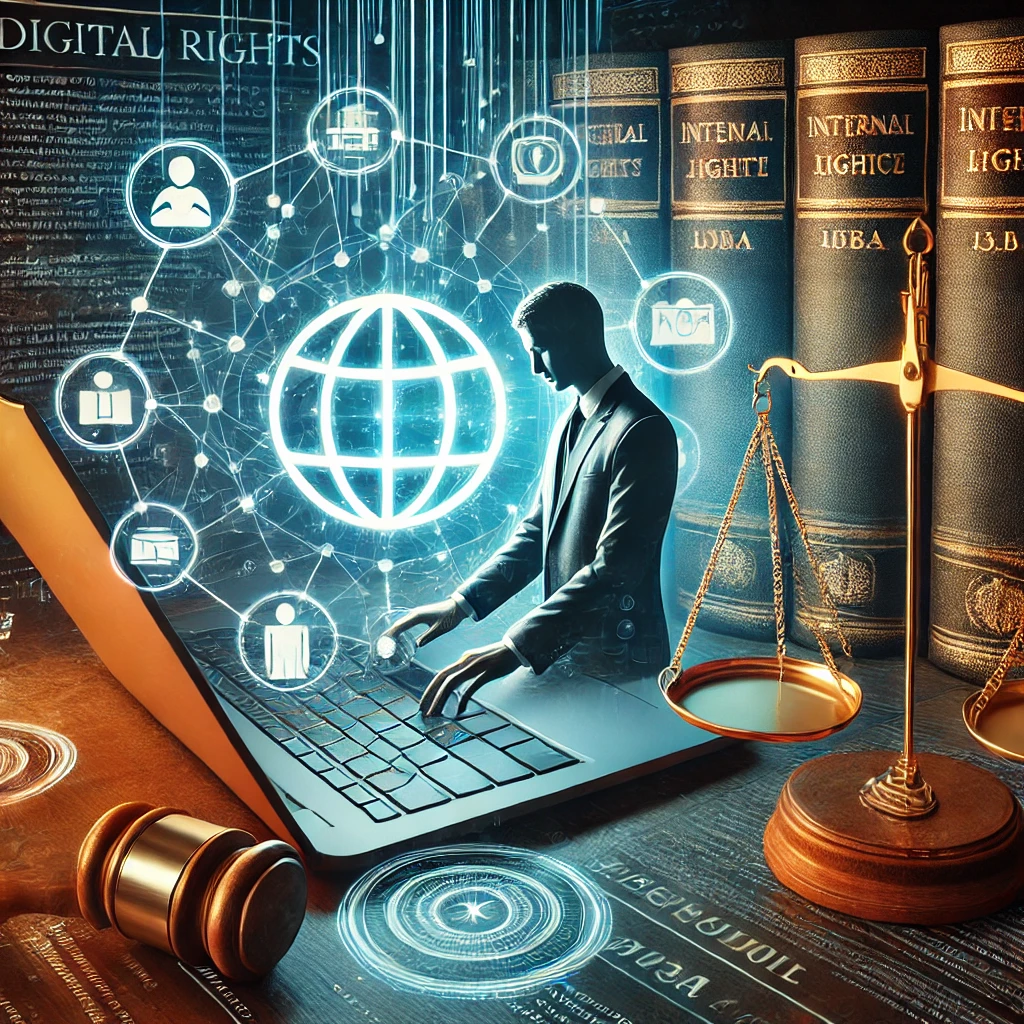Cyber Investigation: Position in India
Cyber Investigation: Position in India
1. What is Cyber Investigation?
Cyber investigation involves tracking, collecting, and analyzing digital evidence related to cybercrimes.
It includes probing offenses like hacking, identity theft, cyber fraud, data breaches, cyberstalking, and more.
Requires technical expertise to handle digital devices, networks, and online data.
2. Legal Framework Governing Cyber Investigation in India
| Law/Act | Description |
|---|---|
| Information Technology Act, 2000 (IT Act) | Primary law dealing with cybercrimes and electronic evidence. Sections 65A & 65B define electronic evidence admissibility. |
| Indian Penal Code (IPC) | Sections like 419 (cheating), 420 (fraud), 66 (computer-related offenses) are applied in cyber investigations. |
| Indian Evidence Act, 1872 | Section 65B deals with admissibility of electronic records in courts. |
| Code of Criminal Procedure (CrPC) | Provides procedural law for investigation, search, and seizure including cybercrime. |
| Rules and Guidelines | CERT-In guidelines, cyber forensic protocols, and Supreme Court judgments (e.g., Shreya Singhal v. Union of India) shape cyber investigation norms. |
3. Key Agencies Involved in Cyber Investigation
Cyber Crime Cells and Police Stations in various states.
CERT-In (Computer Emergency Response Team - India): National agency for cyber incident response.
Central Bureau of Investigation (CBI): Handles high-profile cybercrime cases.
Enforcement Directorate (ED): Investigates cyber-related financial crimes.
Intelligence Agencies (RAW, IB): For cyber espionage and national security-related investigations.
Private Cyber Forensic Experts: Engaged for technical analysis and evidence recovery.
4. Tools and Techniques Used
Digital Forensics: Recovering data from computers, mobile devices, storage media.
Network Monitoring & Packet Sniffing: Tracking data flow and unauthorized access.
Malware Analysis: Identifying and understanding malicious software.
Social Media Analysis: Tracking communication and digital footprints.
Data Mining and Big Data Analytics: Extracting relevant information from large datasets.
Blockchain Analysis: For cryptocurrency-related crimes.
5. Challenges in Cyber Investigation in India
| Challenge | Explanation |
|---|---|
| Lack of Trained Personnel | Need for more skilled cyber forensic experts. |
| Rapid Technological Change | Constantly evolving cyber threats outpace training. |
| Jurisdictional Issues | Cybercrimes often cross states and countries. |
| Encryption and Privacy Laws | End-to-end encryption complicates evidence access. |
| Lack of Awareness | Many victims unaware of reporting procedures. |
| Insufficient Infrastructure | Limited forensic labs and resources in many states. |
6. Recent Developments
Cybercrime Coordination Centre (C3) set up to coordinate investigation efforts.
Increasing use of AI and Machine Learning in investigations.
Supreme Court rulings affirming right to privacy affect investigation protocols.
Proposed Data Protection Laws impacting data handling during investigations.
7. Case Example
2018 Aadhaar Data Leak Investigation: Indian agencies probed large-scale data breaches involving personal identity data, highlighting the importance of cyber investigation for data privacy.
8. Conclusion
Cyber investigation in India is evolving rapidly with legal frameworks adapting to technological advances. While there are significant challenges like skill gaps and jurisdictional hurdles, ongoing reforms and growing institutional capacity are strengthening India’s ability to effectively investigate cybercrimes.
Do write to us if you need any further assistance.












comments